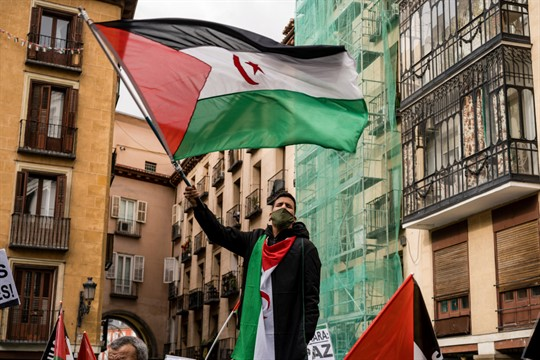
U.S. President Donald Trump’s surprise move last week to recognize Morocco’s claim to the disputed region of Western Sahara, in exchange for Morocco normalizing relations with Israel, ushered a long-frozen conflict into a new and more volatile phase.
In one sense, it is formal acknowledgement of the reality that Morocco has cemented its de facto control over most of Western Sahara. With U.S. backing, Morocco now has even less incentive to cooperate with the United Nations in its decades-long effort to determine the fate of the coastal desert territory through a referendum on self-determination, promised after the U.N. brokered a cease-fire in 1991 to end 16 years of conflict between Morocco and the pro-independence Polisario Front. Morocco had annexed Western Sahara in 1975, following Spain’s withdrawal after nearly a century of colonial occupation.
The 1991 truce collapsed last month, when the two sides exchanged fire after the Polisario Front claimed that Morocco’s military had made an incursion into a U.N.-monitored buffer zone. Now, the Trump administration’s abrupt decision to change decades of U.S. policy threatens to further raise tensions in the region.
 Eurasia Press & News
Eurasia Press & News



